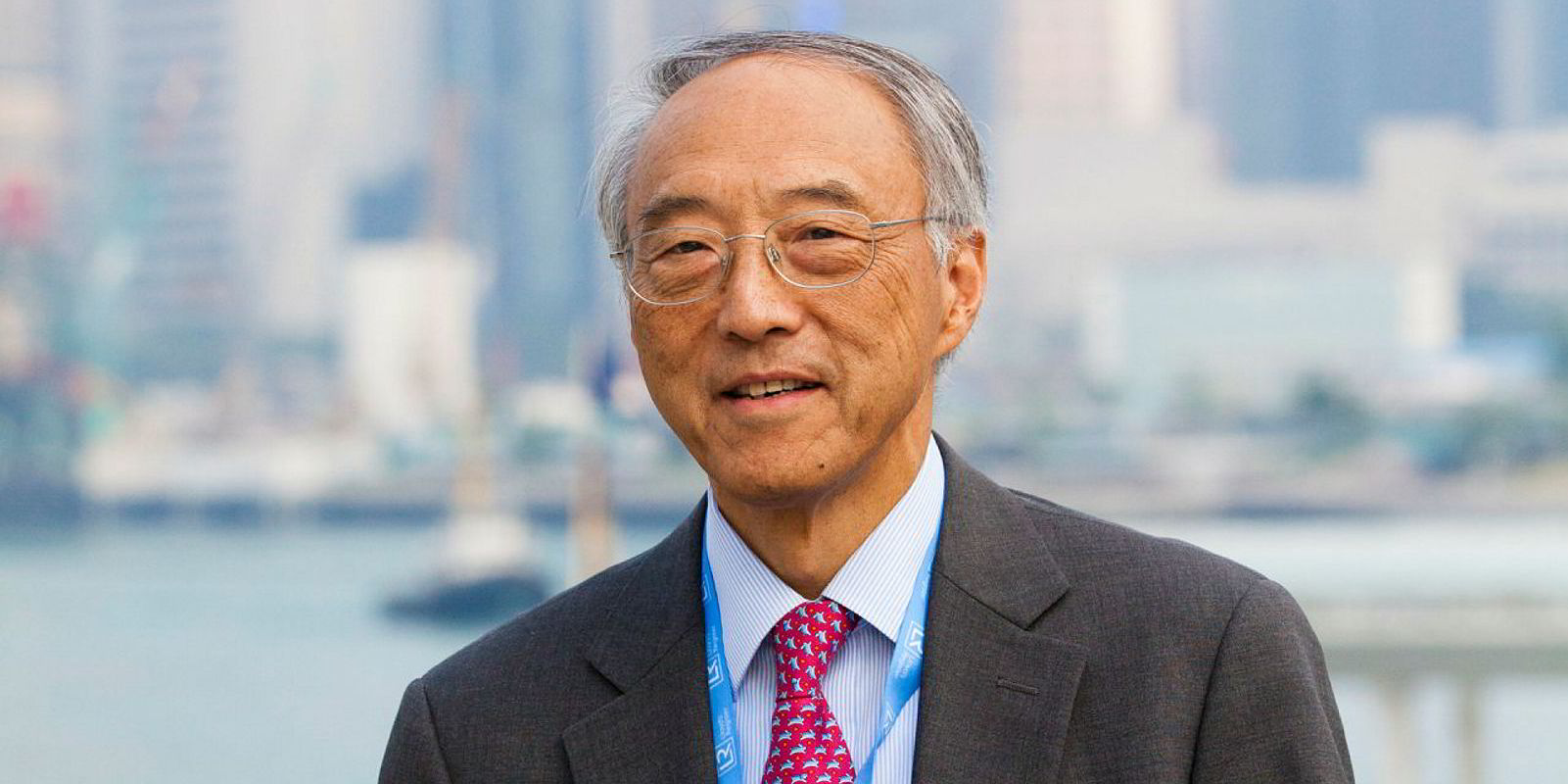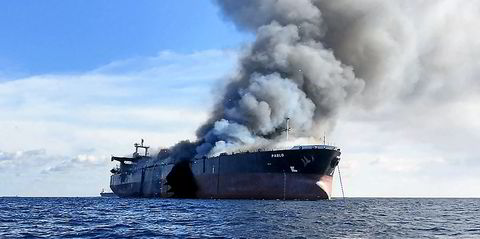Chinese and foreign banks are hovering around Cosco's $6.3bn acquisition of Orient Overseas Container Line (OOCL), hoping to get a piece of a blue-chip financing deal when the buyer replaces a Bank of China bridging loan.
The long-rumoured negotiations between China Cosco Holdings (CCH) and OOCL, as well as with Bank of China for the bridging finance, are believed to have been done directly by Cosco chief financial officer Deng Huangjun and a small core team. Cosco is partnered by Shanghai International Port Group (SIPG) in the purchase.
The takeover of Tung family controlled Orient Overseas International Ltd (OOIL), which controls OOCL, will create the world's third-largest containership owner, with more than 400 ships of 2.9 million teu. It will also solidify Cosco's position as the world's largest shipowner overall, taking it from biggest in number of vessels to biggest in total tonnage as well (read more on this story on page 18).
Cosco sees value in preserving the identity of the high-end brand under new ownership, and bankers say any opportunity for foreign lenders would lie in how Cosco wants to structure the OOCL entity once the deal is completed — as a pure subsidiary, or as a foreign-listed public company with Cosco and SIPG as main shareholders.
CCH, the ultimate holding entity of the China Cosco group, is directly owned by the Assets Supervision and Administration Commission, which acts as the shareholder of all central government-owned, non-financial corporations.
Some foreign lenders have been reluctant to offer financing to Chinese shipowners with less solid backing than that.
"It is exactly the type of [Chinese] deal foreign banks are interested in, with regard to both entities [Cosco and OOCL]," one shipping banker said.
"What kind of banks they go with will depend on how creative they want to be with their structures — how they want to position themselves going forward. If they want the cheap and easy financing alternative, the domestic Chinese banks can easily provide that.
"But if they want a more sophisticated structure with access to public-equity markets, then they may prefer European banks."
It is hard to say who is likely to lead such a syndicate because, although Cosco is listening to pitches from interested lenders, it is not giving them much information about its intentions.
Sources point to French bank Calyon in Hong Kong as especially close to OOIL chairman CC Tung. Also mentioned as potential candidates to replace the Bank of China bridge loan are ABN Amro, ING Bank, DNB and BNP Paribas.
Policy lender The Export-Import Bank of China (CExim), with its close relationship to Cosco and foreign ship finance banks, is thought likely to get involved in any such deal. CExim recently began closing in on a series of loans for Cosco under a $4.2bn framework agreement signed this year.




